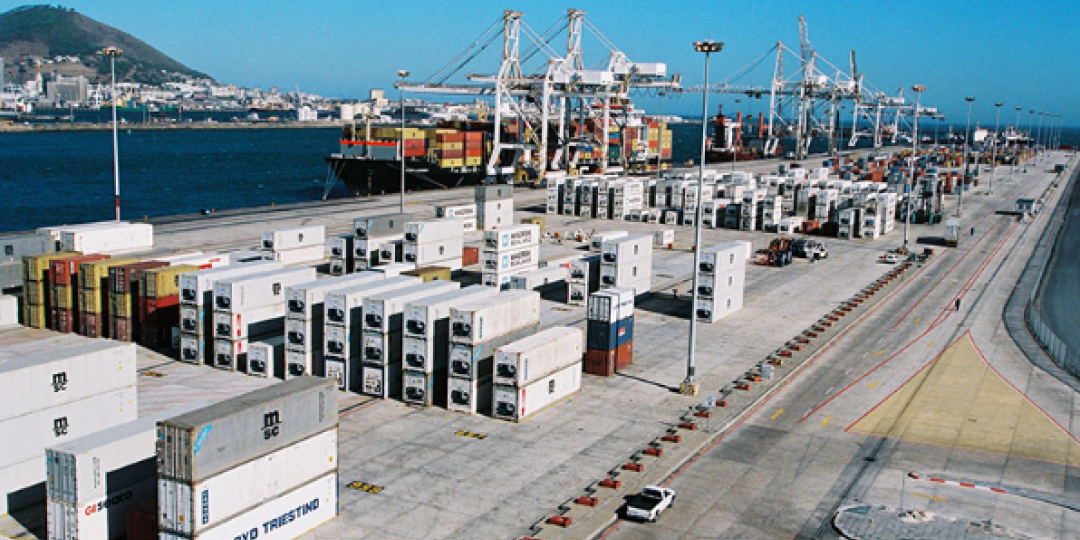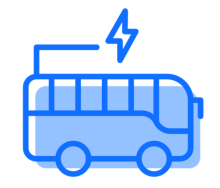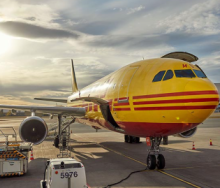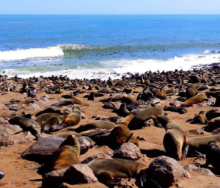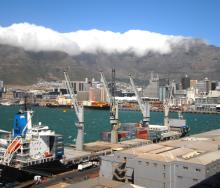Transporters responsible for land-side container movement at the Port of Cape Town are echoing what their industry peers at the Port of Durban continue to complain about – that Transnet’s truck slot booking and perceived favouring of other modes of transport are putting them out of business.
According to Derick Ongansie, director at the South Africa Transporters’ Alliance, at least three harbour carrier companies have gone out of business since the state-owned company (SOC) responsible for logistics introduced a truck booking system meant to control port terminal access.
For the most part, harbour carriers allege that the Navis N4 booking platform is mired in issues, from connectivity problems to lagging slot appointments and reported manipulation by operators exploiting system failures (*).
Ongansie said: “Since the introduction of the booking system, several transport companies have already exited the container sector, including TI Trucking and Max Logistics, to name but a few.
“Unfortunately, despite continuous stakeholder engagements since 2019, we have seen little to no improvement in port operations that benefit transporters.”
Ongansie added that there was distinctly perceptible favouritism by Transnet, facilitating trade away from harbour carriers, a complaint also aired by harbour carriers in Durban.
He said: “They continue to prioritise the waterside and rail operations over land-side activities, creating an imbalance that is severely impacting transporters and the industry as a whole.
“Many transport companies, both large and small, are suffering the consequences of this action.
“Containers Domestic Services, a company that has operated for 30 years in the Port of Cape Town, has recently been liquidated. Each day, we see transporters announcing the sale of their equipment on social media as they exit the industry for good.”
Ongansie said despite various attempts to engage with the SOC, Transnet had failed to respond to transporters’ pleas after acknowledging receipt of written correspondence detailing the deleterious conditions under which harbour carriers were forced to operate.
Attempts to help the parastatal implement solutions that might decongest truck and container movement inside the terminal have also apparently failed.
Not for the first time has the logistics utility’s apparently poor performance regarding human and other resources come under scrutiny.
Late South African Association of Freight Forwarders’ director, Mike Walwyn, used to refer to it as Transnet’s “PPE problem – people, productivity and equipment”.
Ongansie’s complaints can be summed up as exactly that, an ongoing PPE problem at Transnet.
“We have consistently requested the implementation of hot seat shift changes, staggered lunch and tea breaks, and union meetings to be held after shift changes and outside of normal business hours to ensure service continuity.
“However, these pleas have not been addressed, contributing to frequent terminal congestion and multiple gate closures for two to four hours at a time during a 12-hour shift.”
Equipment consistently breaking, persistent replacement part problems, and the lack of expedited recovery from frequent weather-bound operational shutdowns meant poor performance was undermining the business interests of road freight operators, Ongansie said.
“The current situation is unsustainable, and the transport industry is bearing the brunt of these operational inefficiencies.”
Transnet has since said: "The custodians of the information are looking into this."
Please see the following posts for context:
